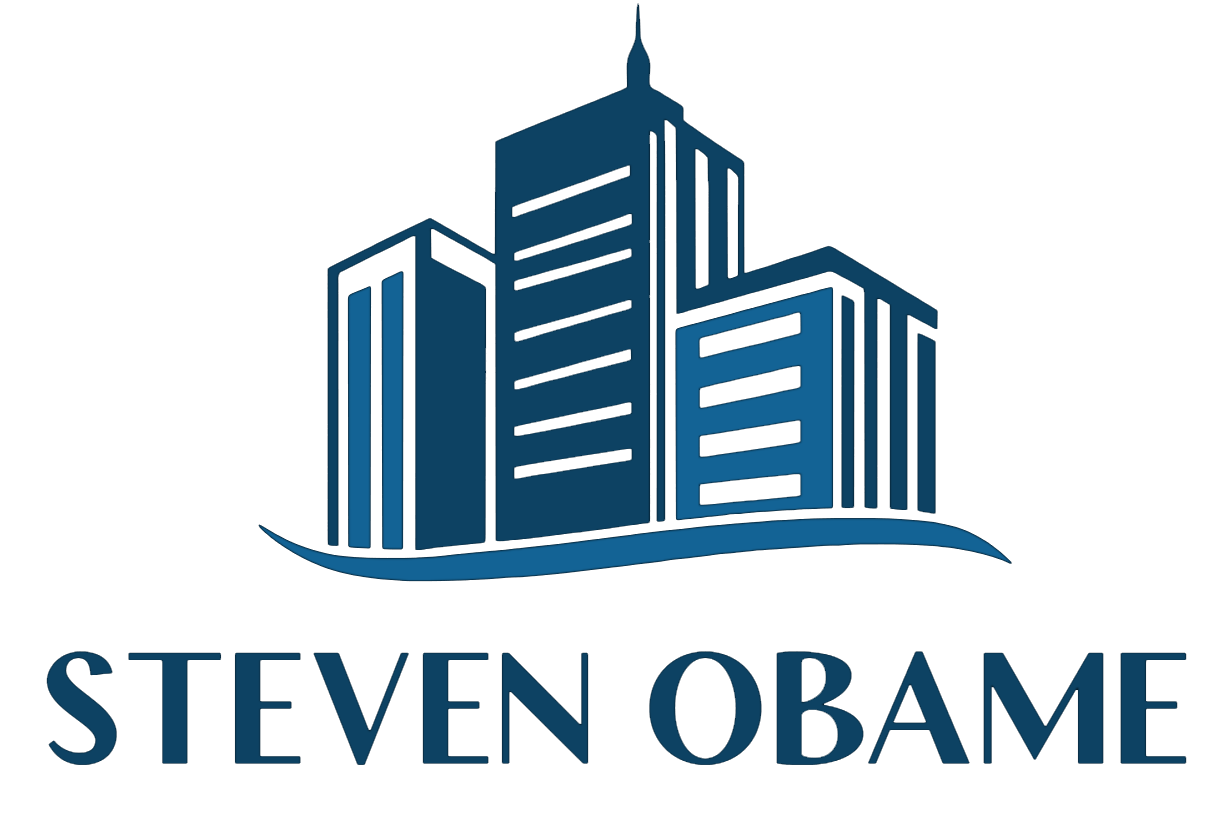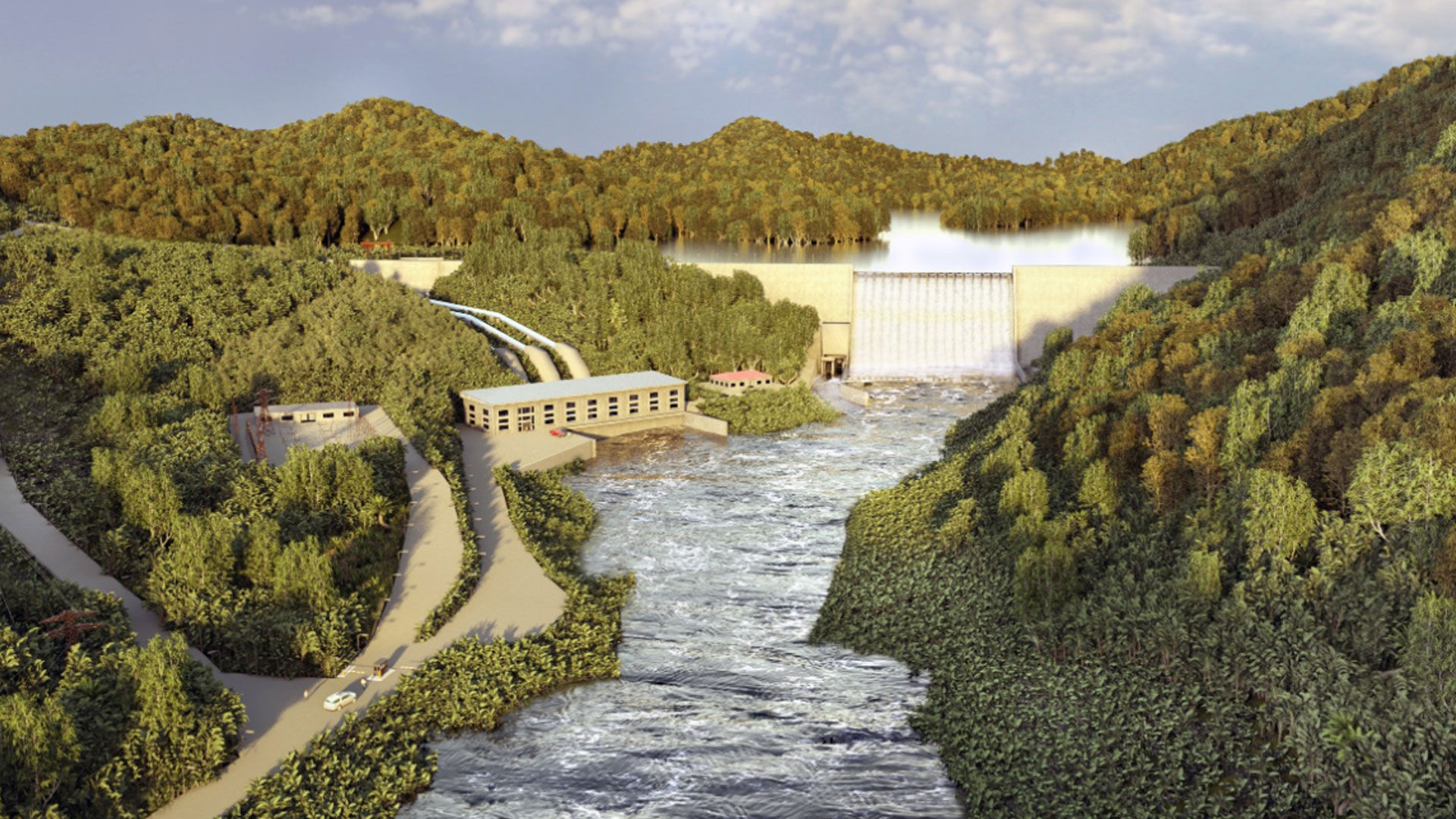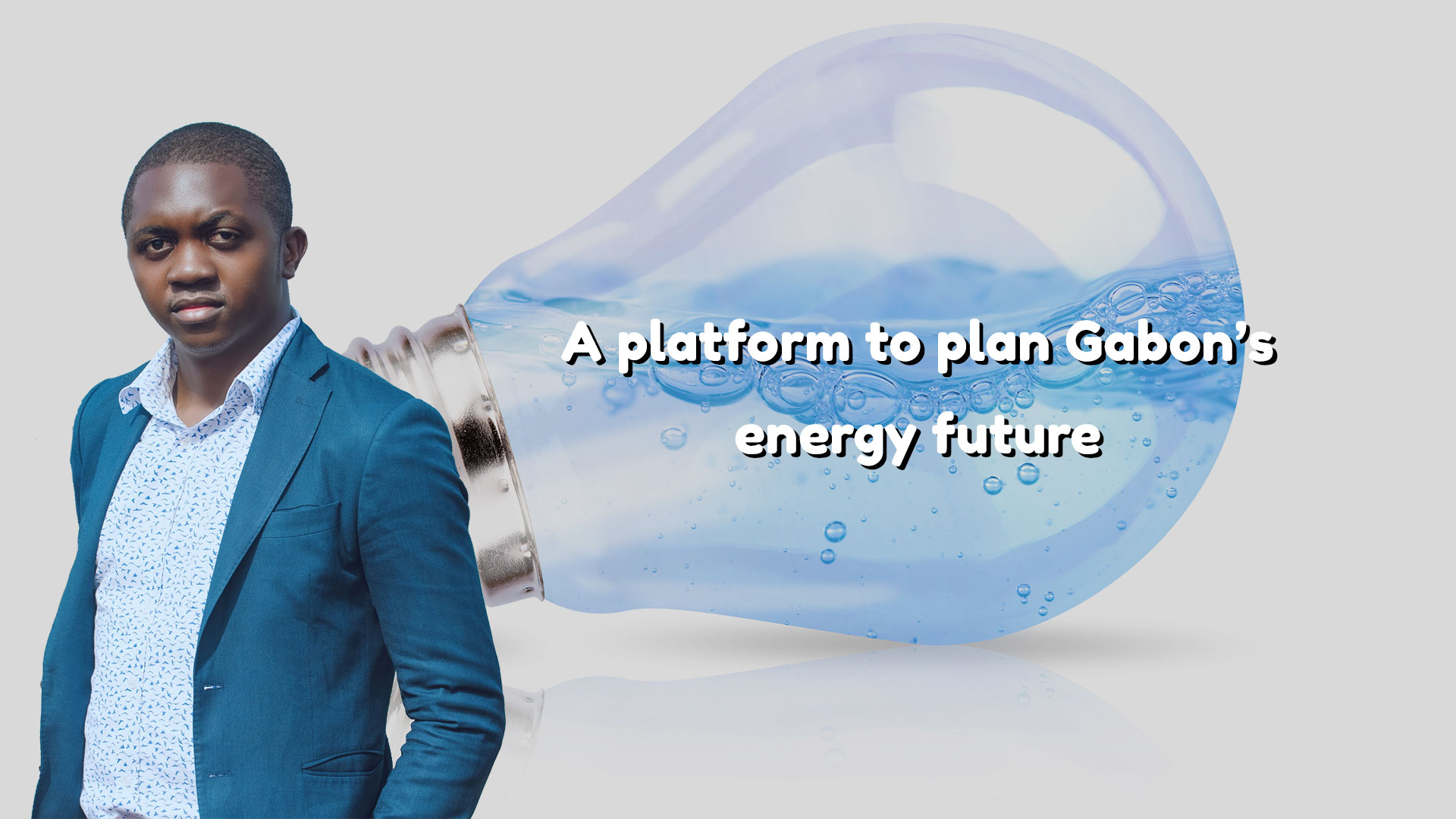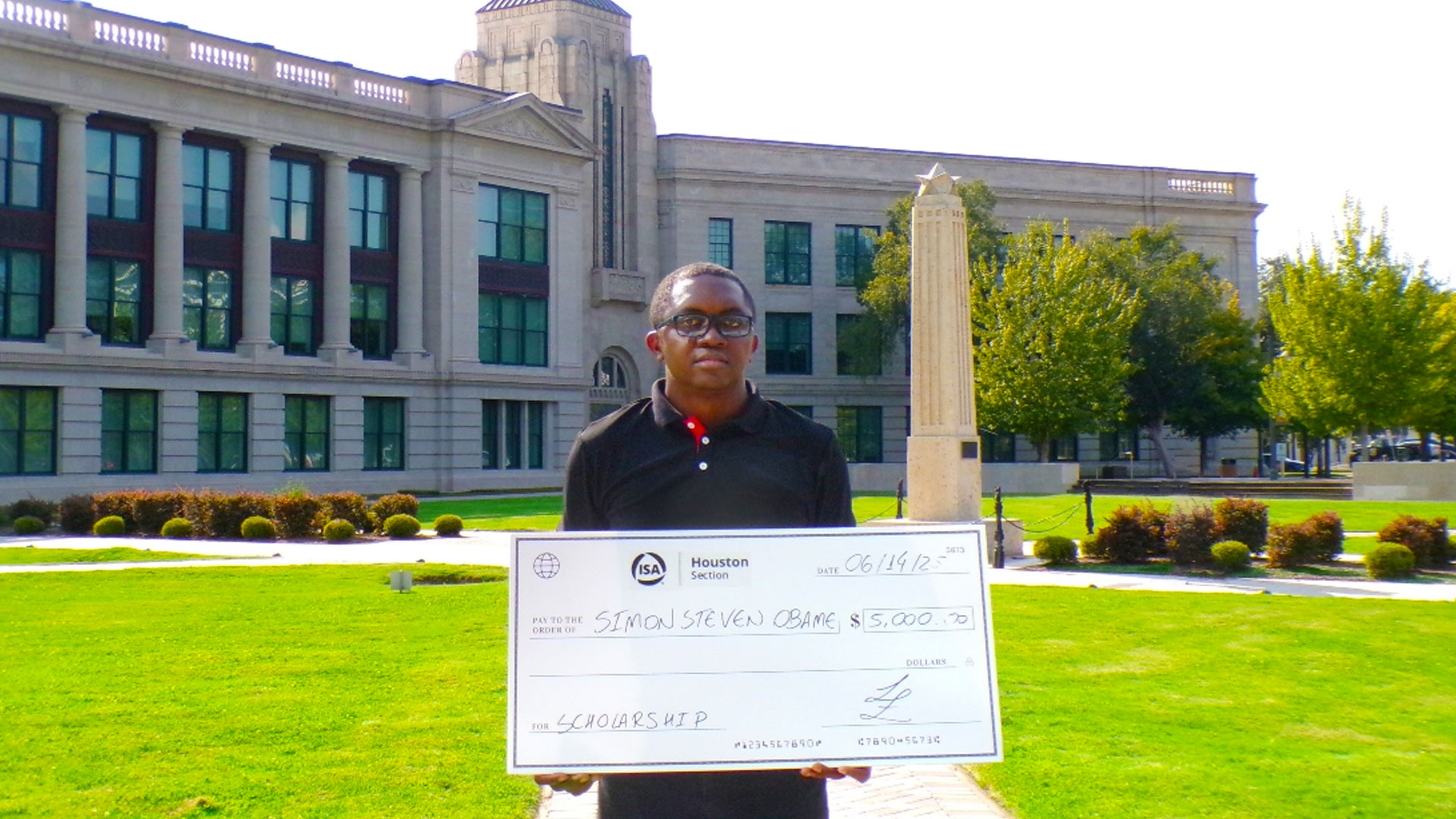In July 2021, the Kinguélé Aval hydropower project reached financial close, officially launching construction on what is now recognized as Gabon’s first privately owned hydroelectric plant.
Located on the M’Bei River, just downstream from the historic Kinguélé and Tchimbele stations, the project represents a strategic leap forward in Gabon’s transition to cleaner, more stable, and decarbonized electricity production.
Valued at €179 million (approximately 117.4 billion FCFA), the project is structured as a public-private partnership involving leading international institutions such as the African Development Bank (AfDB), the International Finance Corporation (IFC), the Development Bank of Southern Africa (DBSA), the Emerging Africa Infrastructure Fund (EAIF), and Meridiam, which serves as the lead private investor.
The plant features a 34 MW run-of-river design, which avoids the creation of a reservoir or large-scale flooding. It consists of a 48-meter concrete dam and high-efficiency Francis turbines, capable of producing an estimated 205 GWh annually, roughly 9 to 13% of Libreville’s electricity consumption. Its integration into the national grid will not only expand capacity but reduce dependence on diesel-based thermal generation.
What makes Kinguélé Aval even more significant is its synergy with two existing hydropower facilities on the same river:
-
Kinguélé (upstream), commissioned in 1973 with 57.6 MW
-
Tchimbele, operational since 1980 with 68.4 MW
Together, these two stations already deliver around 680 GWh annually. By adding 34 MW and 205 GWh, Kinguélé Aval will raise the total M’Bei corridor capacity to 160 MW and increase output to nearly 885 GWh per year, a 30% increase in annual generation from this single river system.
|
|
Nationally, Gabon had around 331 MW of hydro capacity in 2024, representing about 40% of its total electricity production. With the addition of Kinguélé Aval, installed hydro capacity will reach 365 MW, reinforcing hydro’s share in the national mix and potentially pushing it past 45%. The project also enhances the grid’s ability to integrate intermittent renewables such as solar and wind by providing firm baseload generation.
From a financing standpoint, €39 million (≈ 25.6 billion FCFA) was provided by the AfDB through the Sustainable Energy Fund for Africa (SEFA), while the remaining €140 million (≈ 91.8 billion FCFA) was raised by IFC, DBSA, EAIF, and the Africa Growing Together Fund. The plant is owned and operated by Asonha Énergie SA, a special-purpose company jointly held by Meridiam (60%) and Gabon Power Company (40%).
Construction is led by Sinohydro, with environmental and social supervision by Mott MacDonald. Due to its location near the Monts de Cristal National Park, the project includes robust ecological safeguards, such as the protection of over 2,000 hectares of surrounding forest, biodiversity offsets, and a comprehensive environmental and social management plan.
Kinguélé Aval also delivers tangible social benefits. Surrounding villages, including Alen Komo, Andock Foula, Makabane, and Madouacka, are benefiting from job creation, vocational training, rural electrification, and development funding designed to support long-term community well-being.
As of July 2025, the project is estimated to be 80 to 90% complete, with commercial commissioning scheduled for Q4 2025. Final months are dedicated to system integration, technical validation, and regulatory approvals.
To me, Kinguélé Aval is more than a power plant, it is a national milestone. It embodies what a modern energy project should look like: technically strong, environmentally conscious, financially sound, and socially responsible. It’s proof that with the right partnerships, Gabon can shape a resilient and sovereign energy future.
|
|
Read the Full Environmental and Social Impact Assessment (ESIA) PDF (French only) :
Steven OBAME











